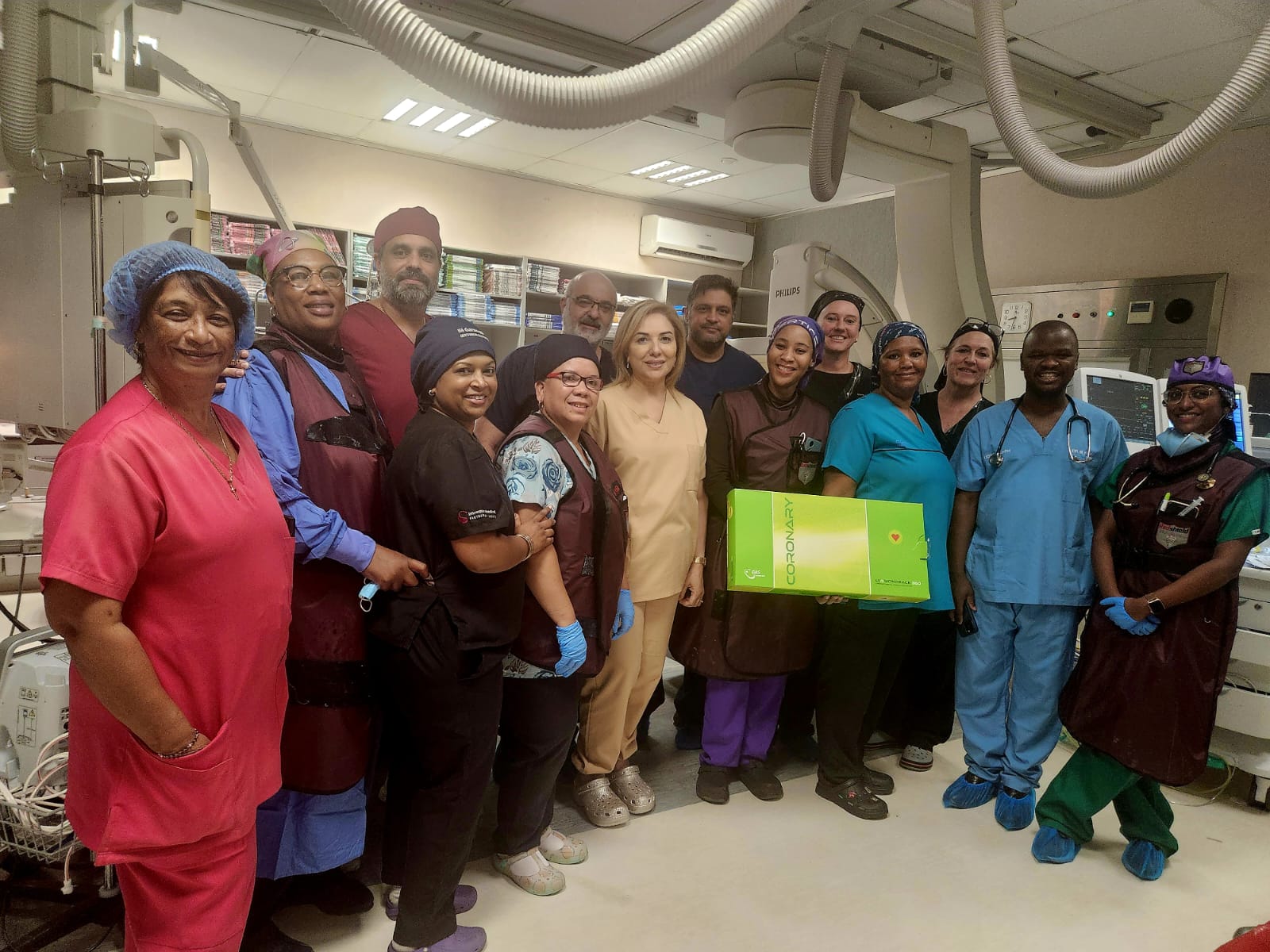How to Prepare for a Healthy Pregnancy: A Comprehensive Guide
Pregnancy should be an exciting time for you and your loved ones, and the journey is a magical and life-changing experience. Ensuring a healthy pregnancy begins with thorough prenatal care and a commitment to well-being. By taking the following pregnancy tips onboard, you and your bundle of joy will get the best start at your journey together.
Table of Contents
- Lifestyle Choices
- Nutritional Considerations
- Medical Check-ups and Preconception Health
- Emotional Well-being
- Conclusion
Lifestyle Choices
Maintain a Healthy Weight
Achieving and maintaining a healthy weight is crucial for fertility and a successful pregnancy. Both underweight and overweight conditions can impact fertility and increase the risk of complications. Strive for a balanced diet and regular exercise to promote a healthy BMI (body mass index).
Kick Bad Habits
It is imperative for you and your baby’s health to quit smoking and eliminate alcohol consumption during pregnancy. Smoking and excessive alcohol intake are linked to fertility issues and can lead to complications during pregnancy. Seek support from a medical professional or support group if you need assistance to overcome these habits.
Exercise Regularly
Engaging in regular, moderate exercise is beneficial for overall health and can boost fertility. Aim for at least 30 minutes of daily exercise, such as brisk walking or swimming. You can also consult with your healthcare provider to determine a suitable exercise routine for you and your lifestyle.
Manage Stress
High stress levels can affect fertility and may contribute to complications during pregnancy. Stress management is a vital aspect of pregnancy care. Incorporate stress-reducing practices into your daily routine, such as mindfulness, yoga, or deep breathing exercises. Prioritise self-care and take time for activities and hobbies that bring you joy.
Nutritional Considerations
Folic Acid Supplementation
Your doctor may prescribe or recommend prenatal supplements. One of the most common supplements is folic acid. Folic acid reduces the risk of neural tube defects in the developing foetus and should be started one month before falling pregnant.
Balanced Diet
Adopt a balanced and nutritious pregnancy diet rich in fruits, vegetables, whole grains, lean proteins, and dairy products. The best foods to eat while pregnant should contain essential nutrients such as iron, calcium, and omega-3 fatty acids. Foods not to eat when pregnant include: soft cheeses, uncooked meat, fish, and other seafood. Also, consider consulting a nutritionist for personalised advice.
Limit Caffeine Intake
While moderate caffeine intake of no more than two cups a day is generally considered safe during pregnancy, excessive amounts may be linked to an increased risk of miscarriage. Limit your daily caffeine intake to a moderate level, and be mindful of hidden sources of caffeine like chocolate and certain medications.
Stay Hydrated
Adequate hydration is vital for overall health but is particularly important during pregnancy. Aim for at least 8 glasses of water per day and adjust your intake based on activity levels and climate.
Medical Check-ups and Preconception Health
Preconception Health Check
Schedule a pre-conception health check with your healthcare provider. This allows for a thorough examination of your health, identification of potential risk factors, and discussion of any existing medical conditions that may impact you falling pregnant.
Update Vaccinations
Make sure your vaccinations are up-to-date, as some vaccines are recommended before pregnancy. Confirm your immunisation status with your healthcare provider and receive any necessary vaccines, such as rubella or German measles and chickenpox (varicella).
Screen for STIs
Screen for sexually transmitted infections (STIs) and discuss any concerns with your healthcare provider. Untreated STIs can pose risks to both fertility and the developing foetus.
Medication Review
Review all medications with your healthcare provider. Some medications may need to be adjusted or discontinued during pregnancy to ensure the safety of the developing baby.
Emotional Well-being
Open Communication
Establish open communication with your partner about your feelings, expectations, and concerns regarding pregnancy. Emotional support is crucial, and navigating this journey together strengthens your bond.
Educate Yourself
Take the time to educate yourself about pregnancy, childbirth, and postpartum care. Attend prenatal classes, read reputable books, and explore online resources. Knowledge empowers you to make informed decisions and reduces anxiety.
Seek Support
Pregnancy can be emotionally challenging. Seek support from friends, family, or professional counselling if needed. Joining prenatal support groups or online communities allows you to connect with others experiencing similar emotions.
Conclusion
Preparing for a healthy pregnancy is a multifaceted process that involves lifestyle choices, nutritional considerations, medical check-ups, and emotional well-being. By adopting a proactive approach, individuals and couples can create a conducive environment for conception and a successful pregnancy. Remember, each person’s journey is unique, and seeking guidance from healthcare professionals is crucial for personalised advice and care. Embrace this transformative period with joy, awareness, and a commitment to the well-being of both you and your future little one.
For more information, please contact:
Dr G Goldman
Discipline: Gynaecologist, Obstetrician
Hospital: Ethekwini Hospital and Heart Centre
Telephone: +27 (0) 31 581 2807
Dr L Brits
Discipline: Gynaecologist, Obstetrician
Hospital: Royal Hospital and Heart Centre
Telephone: +27 (0) 53 045 0557
Dr. Eduardo Matediana
Discipline: Gynaecologist, Obstetrician
Hospital: Beira Private Hospital
Telephone: 258 845 021 970













